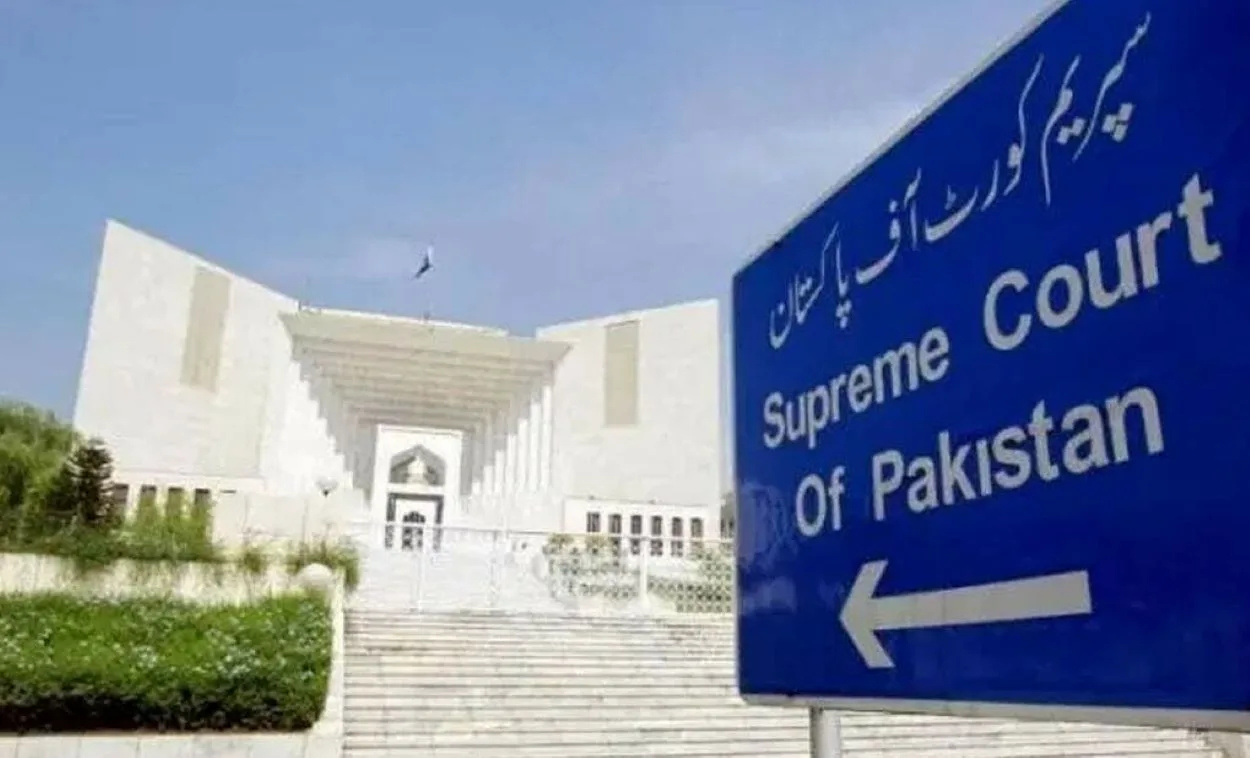Despite lacking a formal decree, the Supreme Court seems poised to establish guidelines for superior court judges facing undue influence or threats in their duties. Justice Syed Mansoor Ali Shah highlighted the need for a conduct code, supported by Justices Jamal Khan Mandokhail and Athar Minallah.
CJP Qazi Faez Isa, focusing on clarifying his stance to six IHC judges since March 25, remains silent on broader issues. He also discussed potential contempt notices by IHC judges against alleged agency pressures.
Former CJP Tassaduq Hussain Jillani raised questions about an inquiry commission’s legality, with CJP Isa suggesting social media might have influenced his decision to step back.
Attorney General Mansoor Awan confidently presented his arguments, undeterred by the challenging scenario. He was supported by CJP Isa’s preparedness and a generally supportive judiciary.
CJP Isa, taking the lead in discussions, conveyed a measured approach, aiming to avoid overstepping into executive territory. He underscored the SCBA’s role in addressing these concerns, causing dissent among the Professional Lawyers Group.
A senior official noted consensus around Justice Shah’s proposal for high court guidelines and a potential inquiry by a sitting Supreme Court judge.
“The court’s decision on the commission’s leadership rests with the judiciary, not the government,” the official clarified.
Waqar Rana, a former legal official, emphasized the Supreme Court’s responsibility to uphold judicial independence and access to justice, marking a pivotal moment for Pakistan’s legal framework.
Tariq Bashir highlighted ongoing uncertainties regarding future actions, hinting at a possible commission if there is unanimous agreement among all parties.






